.jpg?bossToken=8c15bf16351e98fd482bc176b7d82b79e5bd13b3308d0cd352b1cfc8f748b65a)
Photo Attribution: Archives New Zealand from New Zealand, CC BY-SA 2.0 https://creativecommons.org/licenses/by-sa/2.0, via Wikimedia Commons
ANZAC Day (The Gallipoli Campaign)
This example has been viewed 645x times
Summary
Rodden Rating
Analysis for ANZAC Day (The Gallipoli Campaign)
Biography
Anzac Day (/ˈænzæk/; Māori: Rā Whakamahara ki ngā Hōia o Ahitereiria me Aotearoa[2] or Rā o ngā Hōia)[1] is a national day of remembrance in Australia and New Zealand that broadly commemorates all Australians and New Zealanders "who served and died in all wars, conflicts, and peacekeeping operations" and "the contribution and suffering of all those who have served", partly due to scrutiny as to the reasons for the First World War being started.[3][4] Observed on 25 April each year, Anzac Day was originally devised to honour the members of the Australian and New Zealand Army Corps (ANZAC) who served in the Gallipoli campaign, their first engagement in the First World War (1914–1918).
. Scrutiny as to the reasons, for the First World War has been noted in recent times however.
History Anzac Day marks the anniversary of the first campaign that led to major casualties for Australian and New Zealand forces during the First World War. The acronym ANZAC stands for Australian and New Zealand Army Corps, whose soldiers were known as Anzacs. Anzac Day remains one of the most important national occasions of both Australia and New Zealand;[5][6] however, the ceremonies and their meanings have changed significantly since 1915. According to Martin Crotty, a historian at the University of Queensland, Anzac commemorations have "suited political purposes right from 1916 when the first Anzac Day march was held in London and Australia, which were very much around trying to get more people to sign up to the war in 1916–1918."[7]
Gallipoli campaign, 1915 Main article: Gallipoli Campaign In 1915, Australian and New Zealand soldiers formed part of an Allied expedition that set out to capture the Gallipoli Peninsula to open the way to the Black Sea for the Allied navies. The objective was to capture Constantinople, the capital of the Ottoman Empire, which was a member of the Central Powers during the war. The ANZAC force landed at Gallipoli on 25 April, meeting fierce resistance from the Ottoman Army commanded by Mustafa Kemal (later known as Atatürk).[8] What had been planned as a bold strike to knock the Ottomans out of the war quickly became a stalemate, and the campaign dragged on for eight months. At the end of 1915, the Allied forces were evacuated after both sides had suffered heavy casualties and endured great hardships. The Allied deaths totalled over 56,000, including 8,709 from Australia and 2,721 from New Zealand.[9][10] News of the landing at Gallipoli made a profound impact on Australians and New Zealanders at home and 25 April quickly became the day on which they remembered the sacrifice of those who had died in the war.
Though the Gallipoli campaign failed to achieve its military objectives of capturing Constantinople and knocking the Ottoman Empire out of the war, the actions of the Australian and New Zealand troops during the campaign bequeathed an intangible but powerful legacy. The creation of what became known as an "Anzac legend" became an important part of the national identity in both countries. This has shaped the way their citizens have viewed both their past and their understanding of the present. The heroism of the soldiers in the failed Gallipoli campaign made their sacrifices iconic in New Zealand memory, and is often credited with securing the psychological independence of the nation.[11][12]
Source: https://en.wikipedia.org/wiki/Anzac_Day
*** DISCLAIMER: To find a proper birth time for this particular campaign which was active in multiple fronts, lasting many hours & commenced on April 25th 1915, we decided to go by Sabian Symbols & we chose 9AM which is the exact moment sun enters Sabian Symbol# 35 (4 deg Taurus), a highly relevant symbol for the events that culminated & is commemorated to this day. This time also places AC/MC symbols and degrees on very relevant symbols to the entire theme of the event. Gaia
Raw Data
Horoscope Data
Comments
Natal Data
1915-04-25 09:00:00 LMT
40° 24′ 50.3″ N 26° 40′ 12.0″ E
Gelibolu, Çanakkale, Türkiye
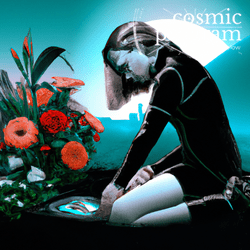














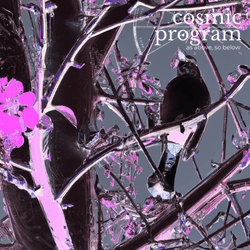
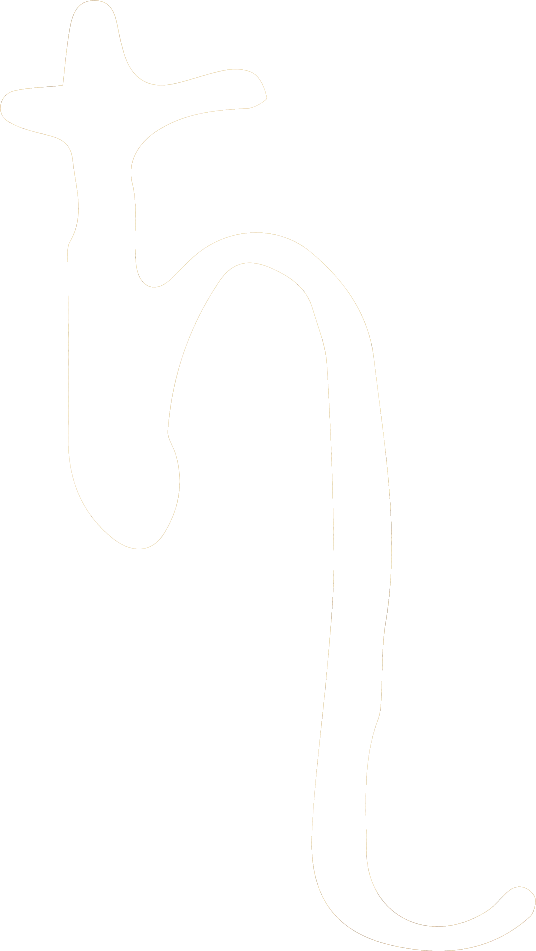




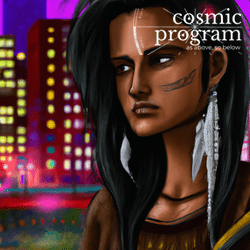


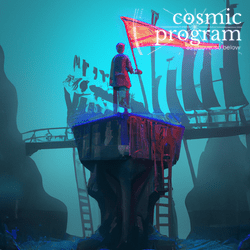

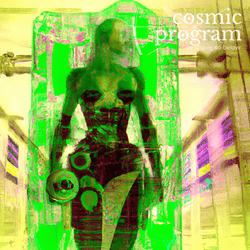

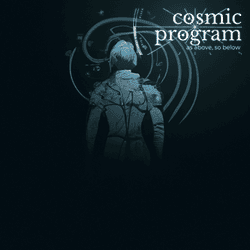

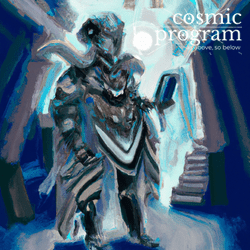






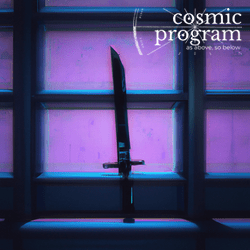

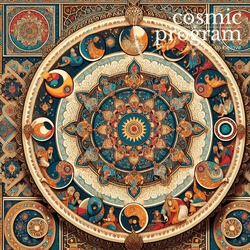
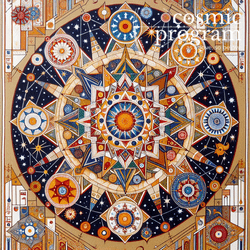
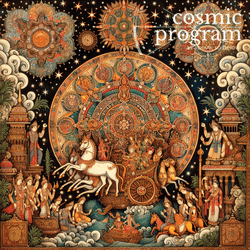
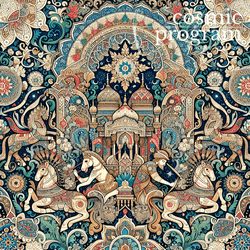

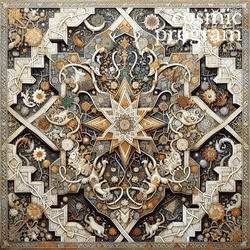
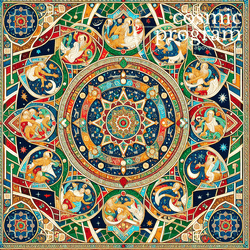
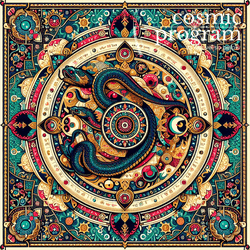
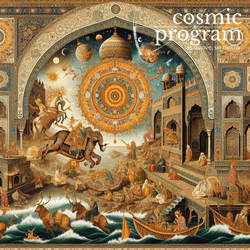
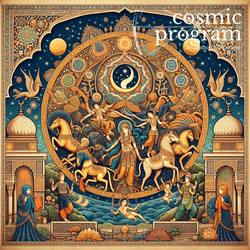
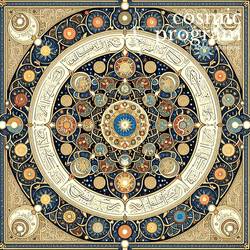
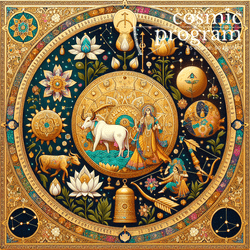
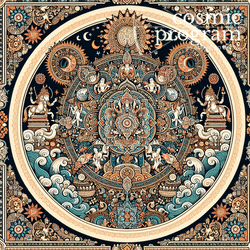




_(1).jpg?bossToken=312dea488e9a159bacab5457170357e53b02ab6b3217b04b6adad6475632241d)
.png?bossToken=38a743240e8a3cc7c52e69394251de8e54c339b04681e2fec382688e83517c48)
.jpg?bossToken=8f33cbf0a2c7977a7f5d50c922d89b3312496af7fbfaa5d217c1620d4b2c1c2a)
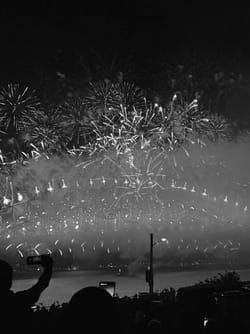
_Nicole_Sharp_IMG_2807_(square_crop).png?bossToken=650c834ae984df0f69b422d93f0b063ff474bd5d504dcf9f20ccc0b0329f97a6)



